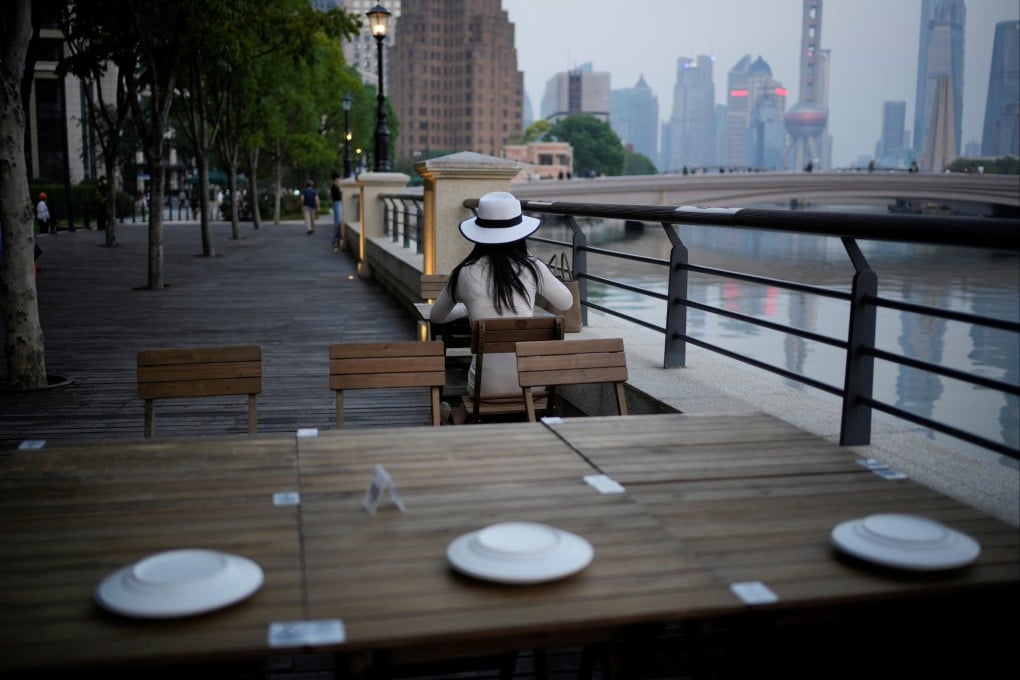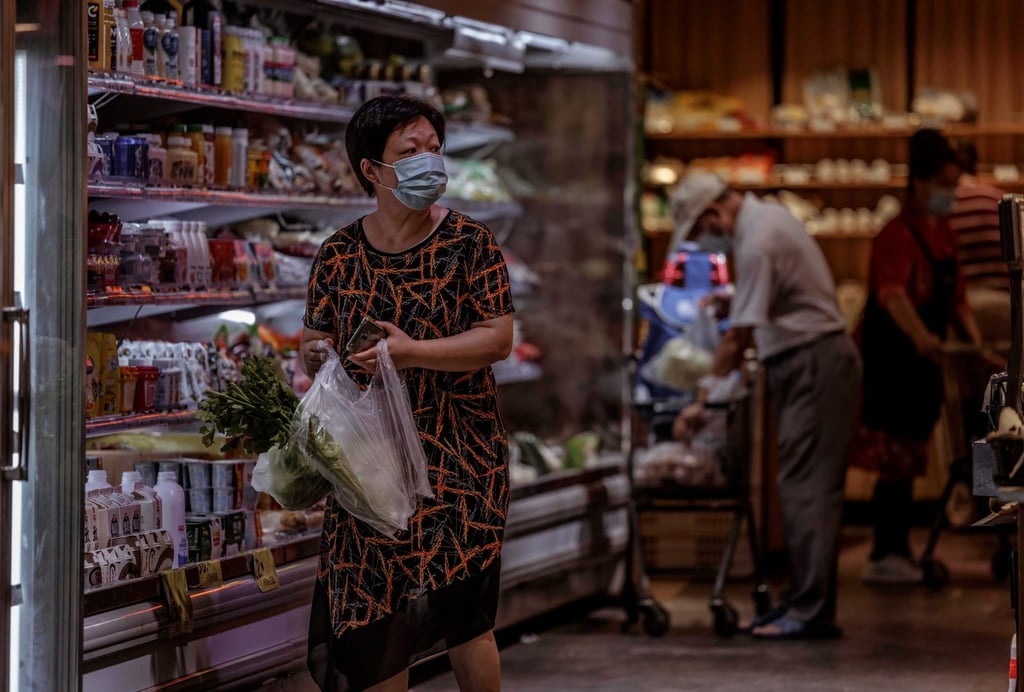Shanghai commercial landlords pinched by high vacancies, rent-cut demands as zero-Covid policies take toll on tenants
- An August survey found an average vacancy rate of 9 per cent in 20 grade A office buildings and shopping malls
- From January through August, retail sales in Shanghai fell 12 per cent year on year, while restaurants and hotels saw revenue sink 27.5 per cent

Commercial property owners in Shanghai find themselves beset by high vacancy rates and demands for rent reductions as China’s zero-Covid policies continue to suppress the retail and restaurant trades, dashing hopes of a recovery after the city’s two-month lockdown earlier in the year.
Vacancy rates at premium shopping malls, wholesale clothing centres, wet markets and street shops are set to increase in the face of weaker consumer sentiment, analysts said.
“No business recovery can be expected in the near future as more tenants plan to close down their shops,” said Zhou Lingzi, a senior manager with a state-owned commercial property operator. “Even rent cuts can do little to boost occupancy rates.”
The situation is the continuation of a nightmare for commercial landlords, who hoped the June 1 end of the lockdown in the mainland’s commercial capital would spark a robust comeback, only to see Beijing’s dogged pursuit of the zero-Covid policy continue to wreak havoc on local restaurants, garment makers, food stores and groceries.

In August, a survey by Shanghai-based property agency E-house R&D Institute found that the average vacancy rate in 20 grade A office buildings and shopping malls was 9 per cent, well above the “warning line” of 5 per cent. Super Brand Mall in Lujiazui was the worst hit, with a vacancy rate of 34 per cent.
Shanghai’s economy contracted by an unprecedented 5.7 per cent in the first six months of this year. Its full-year economic output may end up unchanged from 2021, thanks to increasing infrastructure construction during the second half, according to two government officials.